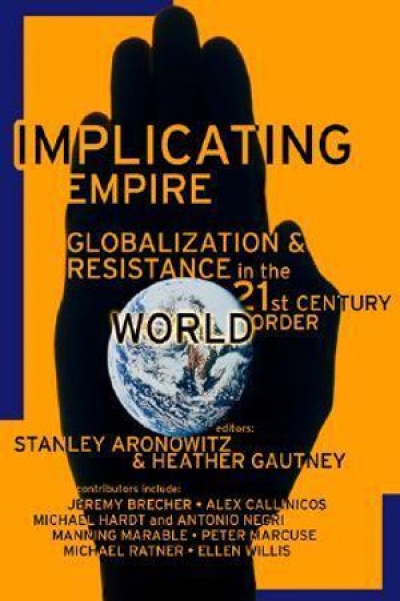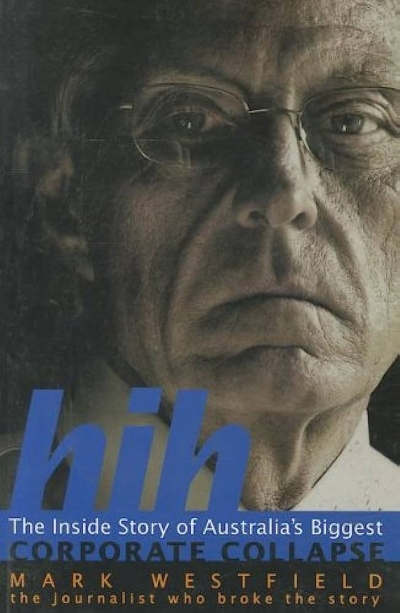Accessibility Tools
- Content scaling 100%
- Font size 100%
- Line height 100%
- Letter spacing 100%
Archive
Implicating Empire: Globalization and resistance in the 21st century world order edited by Stanley Aronowitz and Heather Gautney
The looter held a sign in one hand as he pushed a trolley overflowing with stolen goods in the other. His sign read, ‘Thank you, Mr Bush’. It was not, I suppose, the kind of gratitude George W. Bush had expected. The next day’s looting was not likely to raise a smile: private homes, great museums, and hospitals were ransacked. Vigilantes exercised rough and sometimes cruel justice. There will be worse to come when mobs catch Saddam Hussein’s brutal functionaries. Again, we will be reminded that oppression does not even make people noble, let alone good.
... (read more)Orchids of Australia by John J. Riley and David P. Banks
This important book succeeds in forcing us to see and hear the individuals hidden from knowledge and understanding behind the razor wire of Australia’s detention centres. The opening chapter, ‘The Iron Curtin’, presents material that, even if familiar to some, still has the power to shock. I was jolted once more by the cold facts of our treatment of refugees a ...
Dear Editor,
Kerryn Goldsworthy’s valuable piece on the early years of ABR (‘The Oily Ratbag and the Recycled Waratah’, ABR, April 2003), giving details of Australian Book Review under Max Harris and Rosemary Wighton from 1961 to 1973, does not mention what caused its disappearance from 1973 to 1978, when John McLaren and the National Book Council revived it. Perhaps it is time for the explanation to be given.
... (read more)HIH: The inside story of Australia's biggest corporate collapse by Mark Westfield
The year 1937 was the centenary of the death of modern Russia’s first great poet, Alexander Pushkin. Celebration was mandatory in the USSR, and it wasn’t a good year to ignore the dictates of Stalin’s bureaucrats. So the Soviet satirist Mikhail Zoschenko takes us into a grim but determined apartment block in Moscow, past a slap-dash artistic rendering of the great poet wreathed in pine branches, into a room where the tenants are gathered and a slightly flustered youngish man is preparing to speak. There is a general doziness and smell of old onions.
... (read more)






